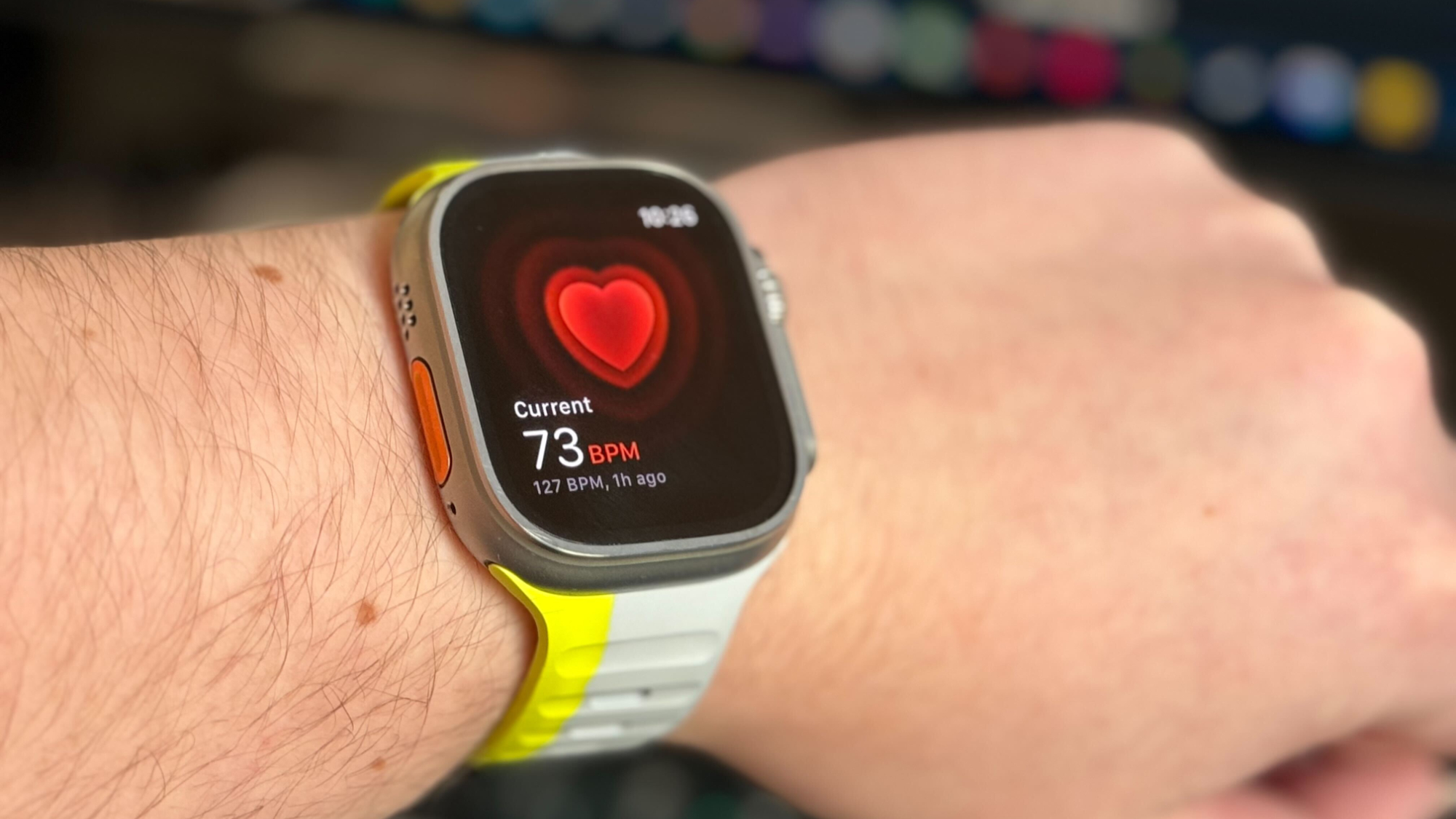Apple Watch owner credits the device with helping him understand how mental health affects his body, emails Tim Cook to thank him
Watch those heart rates people.

The Apple Watch has been credited with saving more than a few lives over the years and in many and varied ways. The atrial fibrillation alerts have given people warnings of an unknown health condition while high or low heart rate alerts have been credited with helping people become aware of problems even when they didn't have any symptoms. Other times, Apple Watches have used their Fall Detection and Crash Detection features to help people get the help that they need even when they didn't have the capacity to do it for themselves.
Now, one person has shared a story in which an Apple Watch helped him put together the link between his bad bosses at work, feeling unwell, stress, and a high heart rate to better understand his own body and how it works. It isn't the traditional Apple Watch success story, but it's an important one that once again highlights the flexibility and versatility of Apple's wearable.
In this case, the 25-year-old software developer who was suffering from work-related stress was moved to write an email to Apple CEO Tim Cook such was the profundity of his experience — "I wanted to thank you and the team at Apple for making the Apple Watch - it has proved to be the most useful gadget I have ever purchased."
'I would fall terribly sick'
Times Now reports that Sharath Sreeram used to work at a startup as an iOS developer but found that "extra hours at work, too much stress, and a very unsupportive management" were negatively impacting his health.
After coming home from work exhausted and feeling unwell, Sreeram started to receive alerts about his unusual heart rate. He shared the Apple Watch readings with his doctor and after taking an ECG reading they came to one conclusion — "I did not have any other issues and that the heart rate issues were a direct result of stress." The doctor even went so far as to say that maintaining the same levels of stress for a few more months could be detrimental and have a longer-term impact on his heart.
The developer was told to either find a way to work at his current company while reducing his stress or switch jobs entirely. He did the latter, and he almost immediately noticed that things began to improve.
Having previously experienced heart rates of around 83 bpm, Sreeram found that he was getting readings of around 71 bpm. And he felt better for it, too. So much so that he reached out to Tim Cook to let him know how important he felt his Apple Watch to be.
Master your iPhone in minutes
iMore offers spot-on advice and guidance from our team of experts, with decades of Apple device experience to lean on. Learn more with iMore!
"I’m happy to say I’m at a much better workplace now with kinder colleagues who enable me to do my best work," the email explains. "My Apple Watch also reflects this as my resting heart rate has never been better and my sleep and other vitals have also vastly improved."
"I am glad the Apple Watch helped me understand the effect of stress on my health and helped me prioritize my mental and physical well being," the developer wrote, thanking Cook and Apple "for making this fantastic product."
Cook has yet to respond, but that doesn't mean that he never will. And who knows, maybe the email will find its way into a future Apple Watch announcement event as others have done in the past.
More from iMore

Oliver Haslam has written about Apple and the wider technology business for more than a decade with bylines on How-To Geek, PC Mag, iDownloadBlog, and many more. He has also been published in print for Macworld, including cover stories. At iMore, Oliver is involved in daily news coverage and, not being short of opinions, has been known to 'explain' those thoughts in more detail, too. Having grown up using PCs and spending far too much money on graphics card and flashy RAM, Oliver switched to the Mac with a G5 iMac and hasn't looked back. Since then he's seen the growth of the smartphone world, backed by iPhone, and new product categories come and go. Current expertise includes iOS, macOS, streaming services, and pretty much anything that has a battery or plugs into a wall. Oliver also covers mobile gaming for iMore, with Apple Arcade a particular focus. He's been gaming since the Atari 2600 days and still struggles to comprehend the fact he can play console quality titles on his pocket computer.
